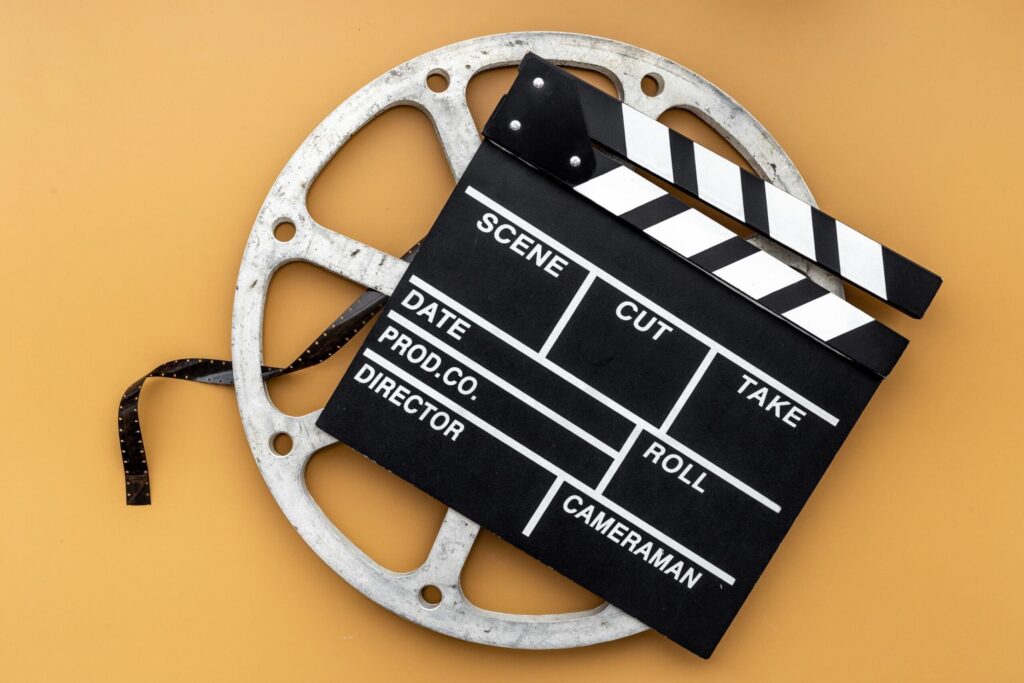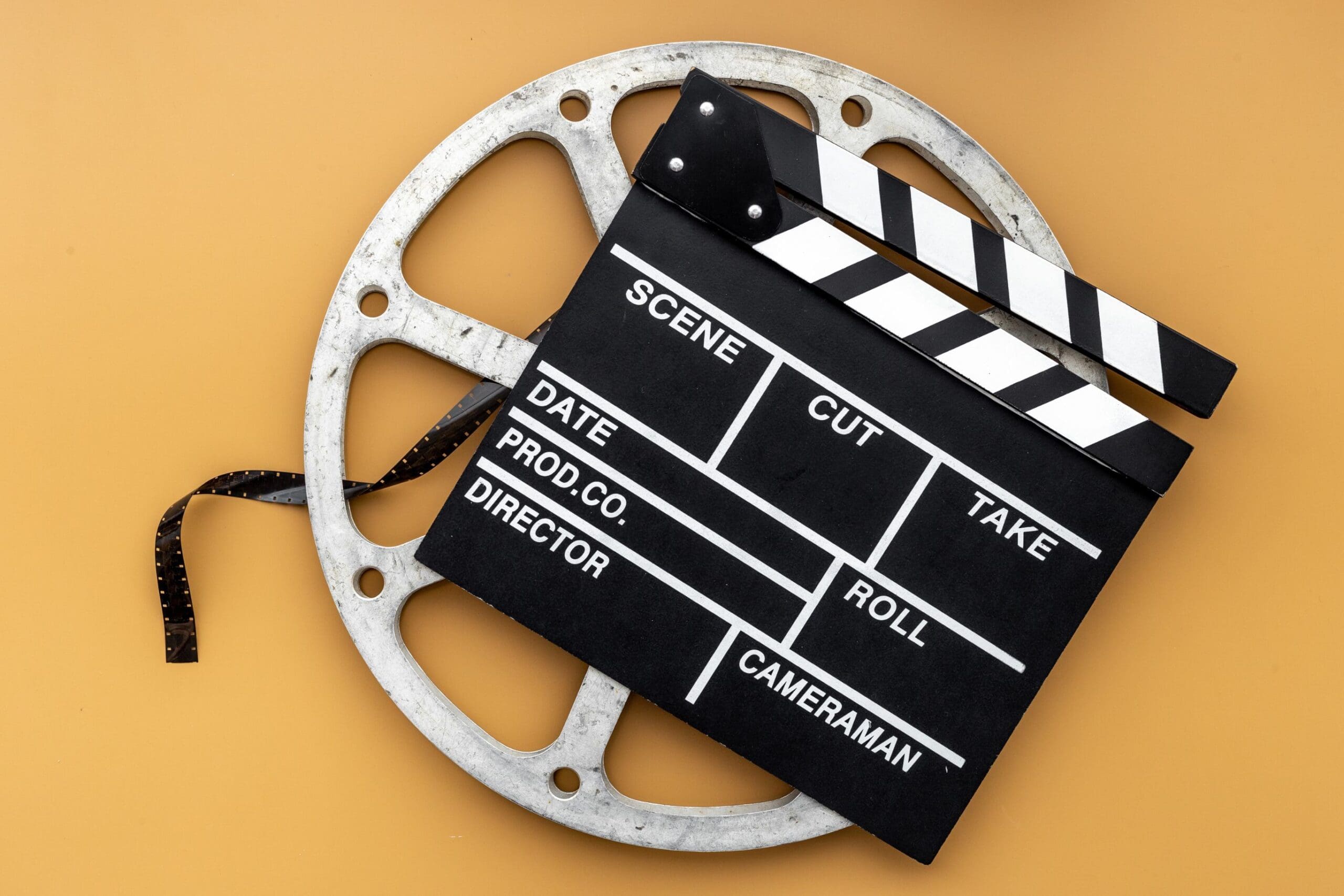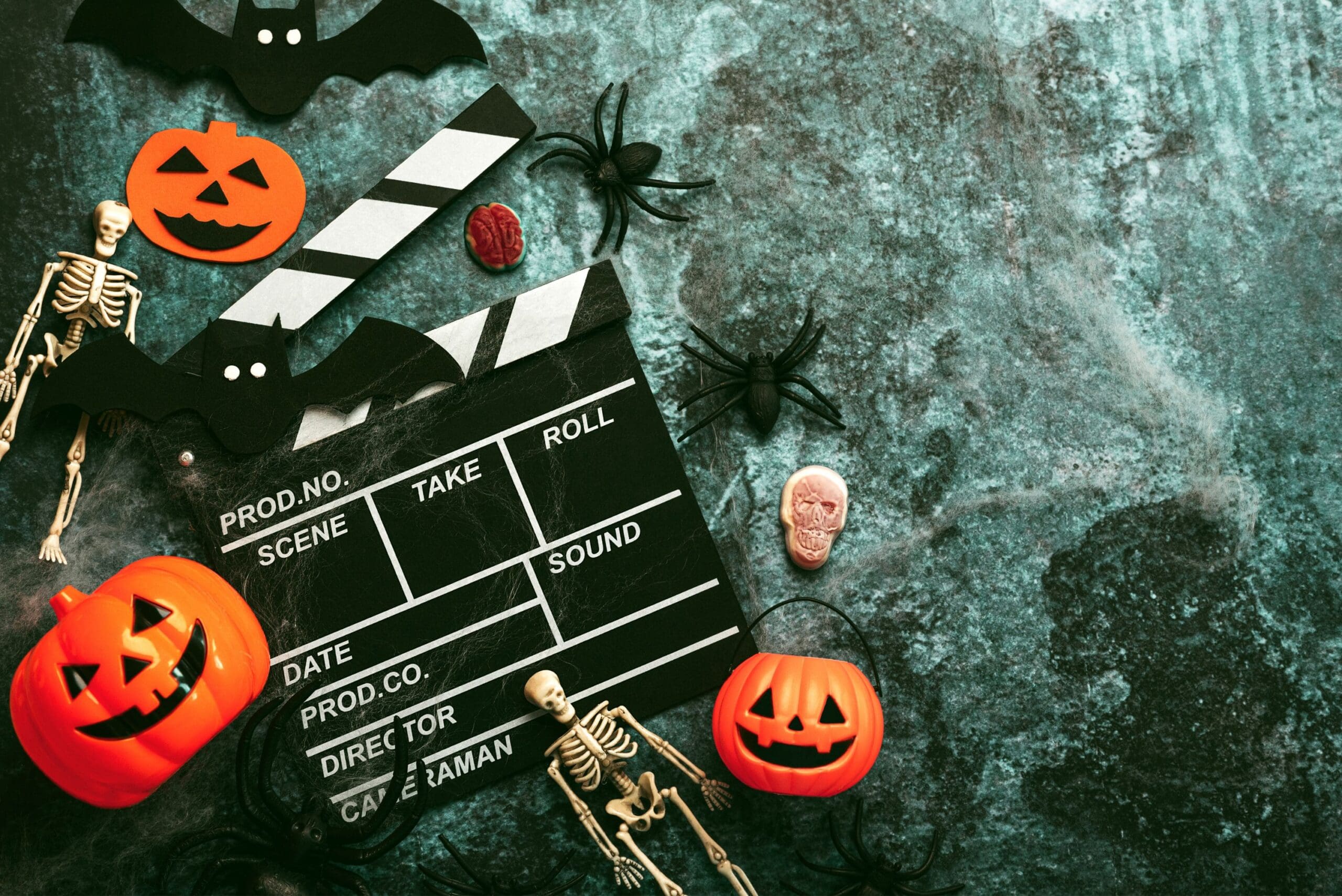There is no denying that the UK film and television industry is booming, the British Film Industry found that the box office generated around £986 million over 2023. With that being said, it couldn’t be a better time for filmmakers to create their own work and showcase their talent.
In this blog, we will guide you on how to make your very own short film.
What is a short film?

A short film is a motion picture that is typically shorter in duration than a full-length feature film. How long is a short film? Well, they usually range from a few minutes to around 40 minutes in length.
Short films can tell a complete story or explore a concept within a limited timeframe. Filmmakers often use them for experimenting with storytelling techniques, showcasing talent, and exploring creative ideas without the constraints of a longer production. Their styles can range from narrative or documentary to experimental, and they are often shown at film festivals or shared online.
How to make a short film?
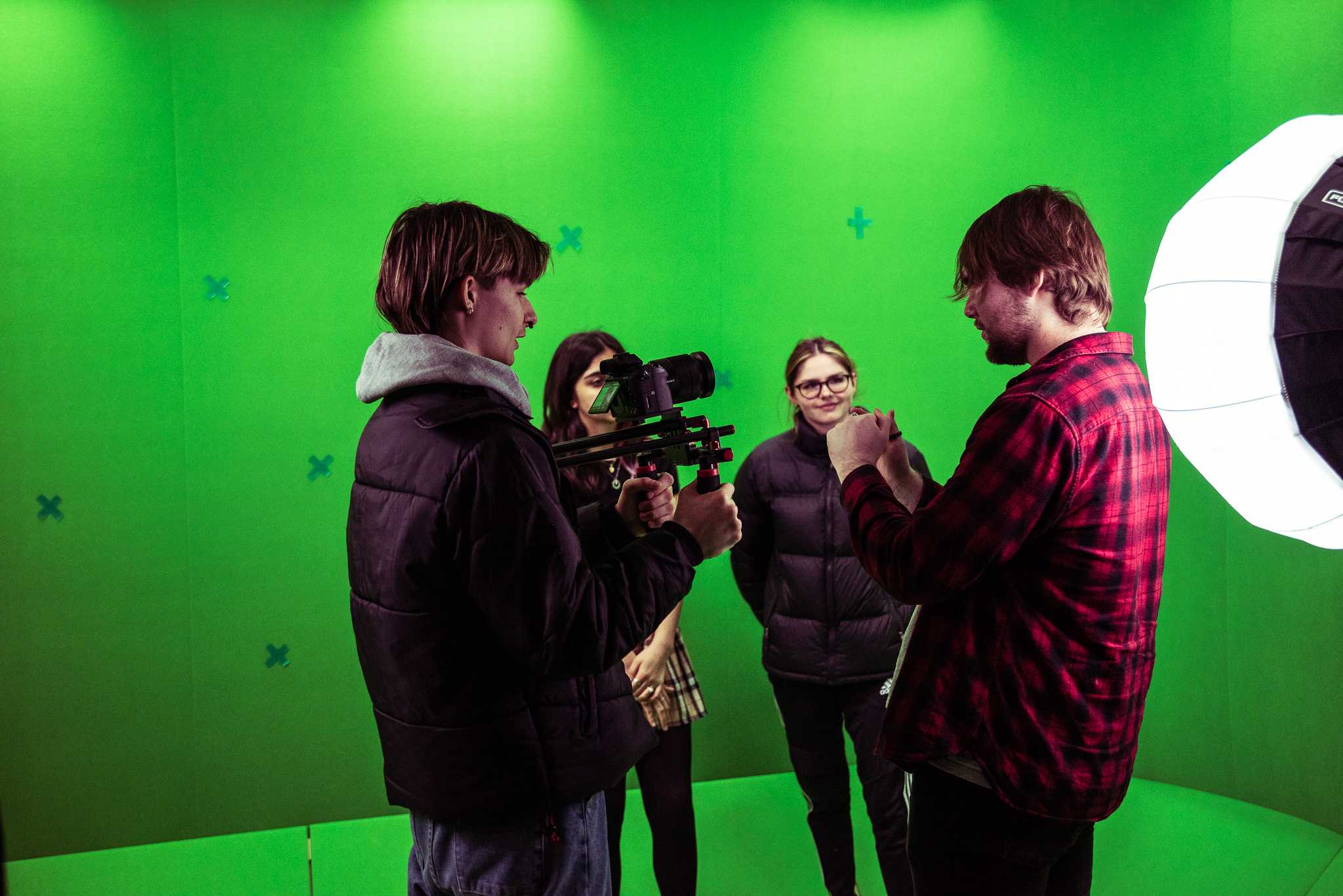
The process of making a short film involves multiple steps from conception to completion. Here’s a breakdown of the typical process:
1) Idea Development
Start with a central theme, idea, or question that you would like to explore. Think about which genre you would like your film to be, for example, action, horror, or comedy.
Next, it’s time to write a concise screenplay. If you’re struggling with how to write a script for a short film, try using a storyboard to visualise and develop each scene, while also thinking about the camera angles and movements.
It’s important to remember that short films need to be concise and should focus on a clear plot, character development, and consistent pacing throughout.
2) Pre-production
The pre-production process is essential for creating a strong foundation for your film. You will need to estimate the budget for the project, consider what equipment you may need, locations you want to shoot at, how many actors there will be, and what crew members you need.
Start auditioning for actors to play in the film and hire a small crew including essential roles like director, cinematographer, sound engineer, and editor.
Find and secure some suitable locations for the shoot, and make sure you have a well-planned shooting schedule to avoid any delays in filming. Take into consideration that your locations may have constraints with access times, for example, you may not be able to access it at nighttime.
3) Production
On set, the director leads the filming process, the cinematographer captures the scenes, and the crew ensures that everything runs smoothly (including lighting, sound, set design etc). Make sure that your equipment captures clear dialogue and ambient sound with the use of boom mics or lavalier mics.
It’s also important to ensure that you always have a backup plan, there can be a lot of setbacks during this stage, especially with scheduling, equipment, and morale. You need to be a problem solver and have a backup plan for contingency, for example, one of your locations may not be accessible in the mornings, or one of your actors gets sick. Even if you have a low budget and don’t have the resources to back everything up, you need to have the ability to resolve issues promptly so that productivity is not impacted.
4) Post-production
After filming, it’s time to get creative and put everything together! The editor assembles the footage, arranges the scenes, and ensures smooth transitions. Remember, tight pacing is crucial in short films to maintain audience engagement.
Sound effects and music can be added at this time to elevate the mood and atmosphere of the film. You can also adjust the colours to create a cohesive look, enhancing the film’s tone and aesthetic.
Don’t forget to include captivating opening credits which will grab the attention of your audience straight away.
5) Distribution and Promotion
Share your film on platforms like YouTube, and Vimeo to reach a wider audience. Create eye-catching posters, compelling trailers, and even exclusive behind-the-scenes content to promote your short film on social media.
You could also submit your film to film festivals. These festivals are great for offering exposure and networking opportunities. Similarly, connect with online film communities, attend film-related events, and collaborate with fellow filmmakers to expand your network.
What are some famous short films?
The best short films tend to have a few things in common: concise storytelling, amazing performances, original concepts, and memorable visuals. According to IMDb, the top five award-winning short films are:
“Un chien andalou” (1929)

Iconic due to its groundbreaking approach to surrealism, its subversion of traditional narratives and visual techniques, and its lasting influence on experimental and mainstream cinema.
“Meshes of the Afternoon” (1943)
A pioneering work in experimental film, influencing later filmmakers and artists. This is often regarded as one of the most important avant-garde films of all time.
“La jetée” (1962)
Iconic for its use of still photography, philosophical depth, and its profound influence on science fiction and experimental cinema.
“A Trip to the Moon” (1902)
One of the earliest examples of narrative cinema, a pioneering work in both science fiction and special effects.
“Duck Amuck” (1953)
Iconic because of its innovative use of meta-narrative, its creative exploration of animation as an art form, its clever humour, and its lasting impact on both animation and broader pop culture.
Check out these films and think about how they make you feel, what it is you like/dislike about them, and if you can incorporate anything from them into your film.
Where can I study film?
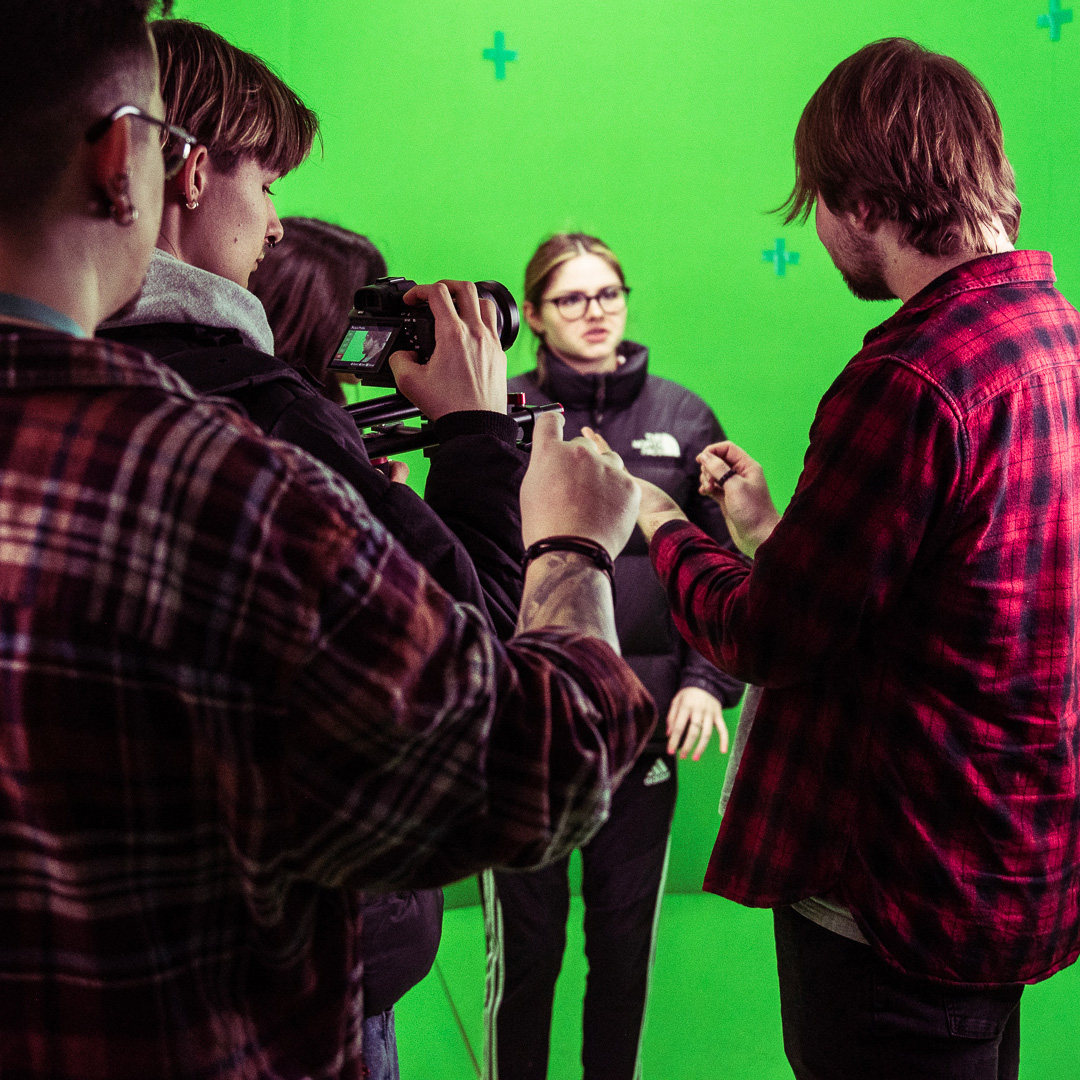
If you fancy creating your own short film, why not start your journey at Access Creative College? Our Level 3 Film, Videography and Photography course focuses on essential skills like pre-production planning, production techniques, and post-production processes. We cater to students who have a passion for creating visual content and we provide a hands-on learning experience using industry-standard tools.
We have strong industry connections, and our students benefit from practical workshops, collaborations, and even work placements, which are crucial for building a professional portfolio.
Whether you want to be a Director, Editor, Sound Technician, or Photographer, ACC is the perfect place to start – apply now!


